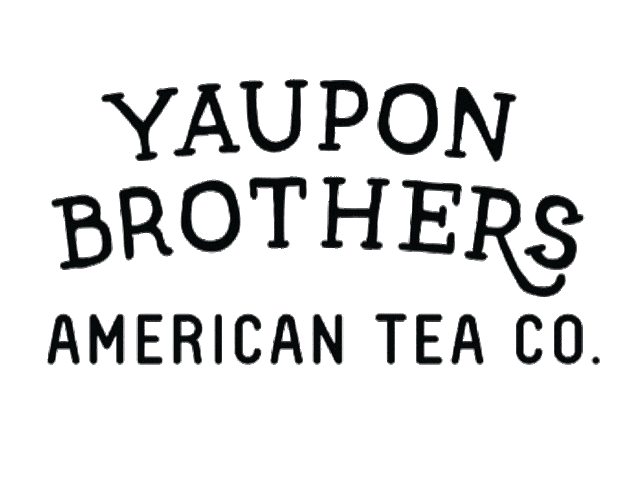
In the age of goop, and all sorts of content centered around our health and wellness, it's easy to get overwhelmed as a consumer. Some messages are mixed and use confounding lingo, while others have reputations with varying levels of professional affirmation. Especially with the COVID-19 virus lurking about, people are looking for ways to stay healthy, and many are searching for natural remedies. There are so many ingredients making millions of claims, and it's really helpful to have a little working knowledge about the buzzwords and fad ingredients you see on labels. Knowing even a little bit about ingredients claiming to be wellness-inducing will help you make good choices when shopping for yourself or your family. Here's a few of the buzzwords right now, with a brief synopsis of what they all mean:
Adaptogens are non-toxic plants that are marketed to reduce stress on the body, whether physical or mental. Most of these plants have been used as food and medicine by humans for millennia, such as in Ayurvedic medicine. Adaptogens can be ingested as supplements, teas, or added to your food. Although a bit of a generic term, most of these plants are promoted as stress-relievers. Some examples include Ashwagandha, Rhodiola, Reishi mushroom, and of course, Yaupon.
Antioxidants are chemicals that help the body eliminate free radicals. Free radicals include all manner of nasty things that the body must work to constantly get rid of. Your body naturally produces its own antioxidants, but they are also found in many types of food. Yaupon is a rich source of antioxidants, including saponin, quercetin, and chlorogenic acid. Many other plants are antioxidant "superfoods." This is a colloquial marketing term with no more meaning than what consumers give it. So, anything you think has a "super" benefit for you can be a "superfood."
Nootropics are drugs or supplements or chemicals, and even foods, that are intended to improve or preserve memory and cognitive functions. The word Nootropic comes from Greek, and means something like "to bend or shape the mind." Many of the food-derived ingredients that are often included in nootropics—omega-3s in particular, but also flavonoids—do seem to improve brain health and function. But while eating fatty fish, berries and other healthy foods that are high in these nutrients appears to be good for your brain, the evidence backing the cognitive benefits of OTC supplements that contain these and other nutrients is spotty. Like many aspects of herbal supplements and their effects, more research is needed to know just how well these types of products work.
Functional Beverages are those beverages meant to promote, well, function. Anything that helps you move, operate, or do basically anything can be a functional beverage. The stimulants, caffeine, theobromine, and theophylline, make Yaupon and extremely functional beverage in this regard.

Image: Dr. Roslyn Crowder, biologist at Stetson University, is currently conducting anticancer research with Yaupon Holly. Promising evidence of cancer and inflammation prevention has been seen in other studies, which are available for download in our research section.
As with any product, it's important to do your due diligence in researching the product to ensure it's right for you. To that end, we have created our Natural Wellness Yaupon blend with adaptogenic ingredients like Astragulus, Echinacea, Elderberry and of course, Yaupon. Peppermint and organic Ginger root are also included for a nice ZING! This product does include the standard FDA disclaimer that it is a food, not a drug, and is not intended to diagnose, prevent, treat, or cure any disease.
We hope you stay healthy this season! With or without our products, please do your research and stay on top of current topics as they pertain to your wellness. We are always here for you! Cheers!

